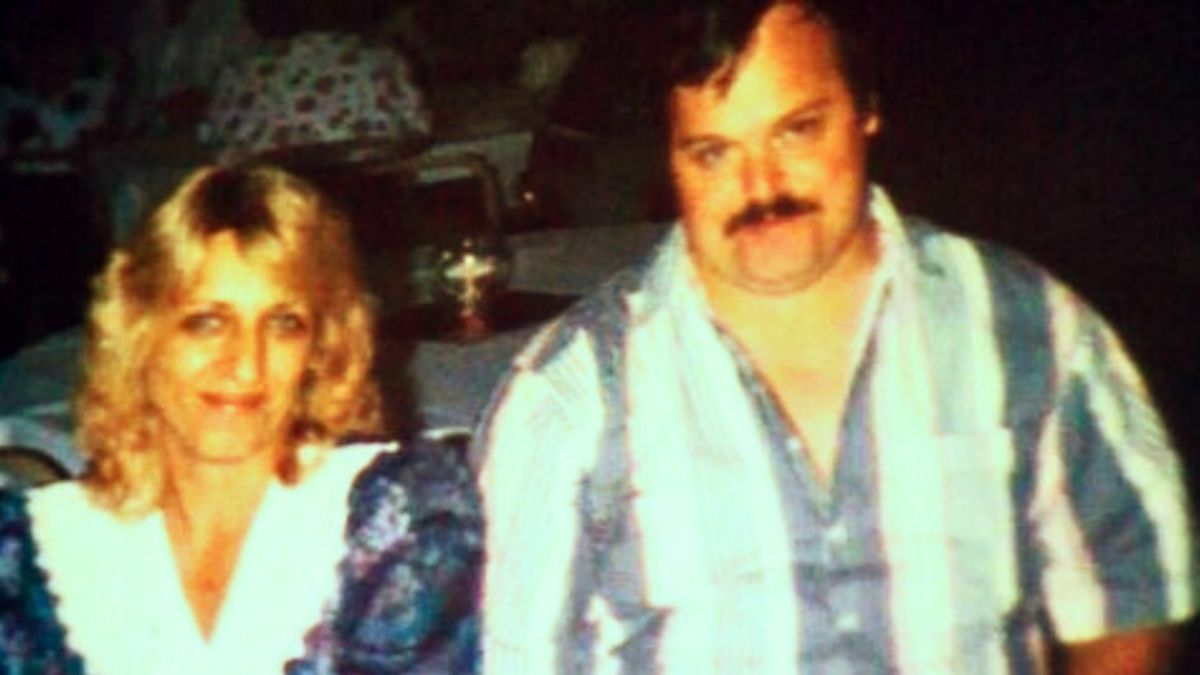Thinking about volunteering for a charity? Consider these things.
Thoughts and ideas from a long-time volunteer
People like us seek an undefinable sense of fulfillment, a connection and purpose. People want to make a difference outside of the parameters of their day-to-day lives. We need to feel a connection; we want a connection. One way to make a connection and seek fulfillment is through volunteering for a charitable organization.
After you have identified your need to help out, the questions come: How? Where? For whom?

Things that Keep Us from Volunteering:
The things we think stop us from volunteering are time, money and expertise. In fact, nothing is stopping you but a little thinking and analysis. Everyone who wants to contribute can -- or already does -- and can make a difference doing so.
As an initial matter, do not discount the value of your charitable nature in your day-to-day life. You smile a greeting, try to be kind, supportive and understanding. You help a friend move, take your mother to the doctor, work the bake sale at your child's school -- your life may be so full that there is no time or money to do more. Please know that what you are doing now is enough. You are doing what you can -- and kudos to you.
So, if you have a little more time, what could you do with it? Following is a list of things to think about.
Do I Want to Volunteer?
- What skills do I have? Don't limit yourself to work skills. I'll bet you have others. For example: organizing, bookkeeping, word-processing (you may know older programs; charitable organizations may not have the latest), carpentry, cleaning, listening, talking, and the like.
- What are my hobbies? What hobbies have a lost track of? What hobbies would you like to develop? What would you still do if you could? For example: dog training, horseback riding, finding new books for your kids, swimming, and the like.
- What kind of people do you like? Examples: kids, elders, the disabled, non-native English speakers, and the like. Some people even like lawyers and accountants. Perhaps you find out that you prefer animals.
- Working through the above considerations will give you a feel for what type or types of organizations interest you. Get on-line, look in the Yellow Pages, talk to your friends, call a local governmental entity, read the newspaper. The opportunities, once you start looking, will appear legion.
- Contact organizations that interest you. Find out what kind of volunteer opportunities are available. Do those opportunities relate to what I can and want to do? Narrow your potential choices to two or three.

I want to volunteer, and have an idea about what opportunities I would like to explore. What else do I need to think about?
- Really pin down the commitment you would be expected to make. Will it be for an afternoon, a day, once a week, once a year? Remember that four hours four times a year (4x4=16) will also require travel time, and probably preparation time, cleanup time, and the necessity of organizing your life around your volunteer opportunity. I suggest that a commitment of 16 hours will expand to about twice that much. Double the expected time commitment, and use that estimate in figuring out whether it is feasible for you. If the time commitment turns out actually to be less, you always can figure out what to do with your "found" time.
- At this point, although you are giving the most precious thing, time, there will be some financial commitment involved, even if it is just paying for your own gas. Figure it out, and whether you can do it. Do not let your good nature go too far here. Be clear with yourself about what $ is involved and whether you want to spend it in this way.
- When you make a commitment, follow through. In this respect, tamp down your generous nature -- start small with a time commitment that you know you can fulfill.
- Take your initial commitment as a trial period. Do what is requested, when and how. Get to know people; ask questions. Look, listen and learn. Go to lunch with a paid supervisor. Go to a board meeting. Ask for feedback; give feedback. At the end of your self-imposed trial period, remember that you can back down, back off, start over, go elsewhere. It is your life. Whatever you did was enough.

Other important considerations:
- Ask for training and get it. Do not settle for: "You'll figure it out as you go." If the commitment is important to you, and you get such a response, ask for enough time to just watch other volunteers at their task. As Yogi Berra said: "You see a lot by just looking."
- Do not be taken advantage of. Know the limits of your opportunity, and yourself, and stay within them.
- Find out what Good Samaritan or volunteer liability laws, policies and procedures apply to your opportunity and understand them.
- Find out what insurance covers you while volunteering, including health and liability. If the organization does not have any that covers you while acting on their behalf, really think through whether you want their volunteer opportunity.
- You will be unhappy about something in your volunteer opportunity at some point. Listen to your "still, small voice." If your unhappiness is about a particular situation, think it through, talk to your volunteer supervisor, do something about it or let it go. If it is something about the organization, think about whether you could do anything about it even if you wanted to. Sometimes you can't. Complete your volunteer opportunity and move on. If you think you could do something about it, talk to your volunteer supervisor. Maybe your skills are not being adequately used, or would be better used elsewhere in the organization. Don't live with unhappiness; analyze it, deal with it, act on it or let it go.

Conclusion: The volunteer opportunity that gets you will be very fortunate. Go forth, do good, and have fun!
REFERENCES
The Idealist.org Handbook to Building A Better World, Idealist.org with Stephanie Land, a Perigee Book, 1st ed. March 2009
Giving - How Each of Us Can Change the World, Bill Clinton, Borzoi Books, 1st ed. 2007
Everyone Helps, Everyone Wins - How Absolutely Anyone Can Pitch In, Help Out, Give Back, and Make the World a Better Place, David T. Levinson, Hudson Street Press, 1st printing October 2010
Citizen You - Doing Your Part to Change the World, Jonathon M. Tisch with Karl Weber, Crown 2010
How to be An Everyday Philanthropist, Nicole Bouchard Boles, Workman Publishing Company, 1st printing 2009








